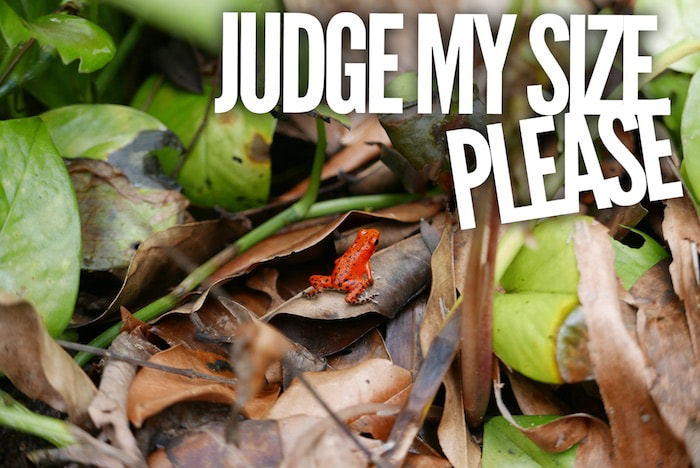|
Players of all ages pick up on it when coaches, parents, teammates, and opponents judge them on a variety of factors: skills, fashion, friend groups, and physical size. It hurts and/or motivates them, but it always sticks with them.
Good coaches shouldn't judge immediately, but many do it whether they realize it or not. Your job is in part to put players in the positions that help the team succeed and have fun. To do that, you have to evaluate and make a "judgement" on where the individual players fit best on the team. Be as fair as you can and give everyone a shot at whatever they are interested in. Don't rely on one drill or position in a scrimmage to determine where players are best suited. A strong defender may struggle in another position as one example. Rotate a new group of players to see where they thrive. In some cases, players are happy to stay in one spot. I try to pull them out of that comfort zone on occasion. What happens when you judge a player unfairly (by the players perception)? You start to either lose that player or they set out to prove you wrong, A motivated player is what you want, but not a miserable teammate. The player you've mischaracterized is now focused on proving you wrong vs. making the team succeed. Size is the easiest to misjudge. When you meet a player, you immediately form an opinion whether you want to admit it or not. The key is to give the player a chance to show you what they bring to the team. Until they've had a chance to show you, withhold where you will put them in the figurative formation at game time. This is what you should do at every practice, let the player develop and change your judgement. This creates an environment where players can work, improve, and advance towards whatever their goals are on the team. The dart frog above is tiny, but also the one of the most poisonous frogs on earth. It's toxicity is transferred through it's skin. Misjudging the dart frog is the same as assuming a smaller-sized player is less capable of being ferocious. "Judge my size, please" is a quote I'll never forget. The player is a tremendous defender and a mental and physical leader of the lines she plays on. The fire that was sparked early in her soccer career stuck with her. It's her motivation, and won her a lot of defensive battles with players of "the ideal size". As much as I love this fire and depend on her, I'm most proud to see it put behind her (because she proved to her coaches and herself that she is more than what she was judge to be). Be that coach that inspires in other ways. Give them chance after chance. This is what you are asked to do as a coach. What young players experience on the soccer field carries over into school and other activities. |
Scott Moroney"As a coach, board member and new SYSA VP, I've likely seen and heard a lot of what you may be wondering how to manage as a parent or player. Great kids with supportive parents make it all a "once in a lifetime" experience. Archives
October 2019
Categories |

 RSS Feed
RSS Feed